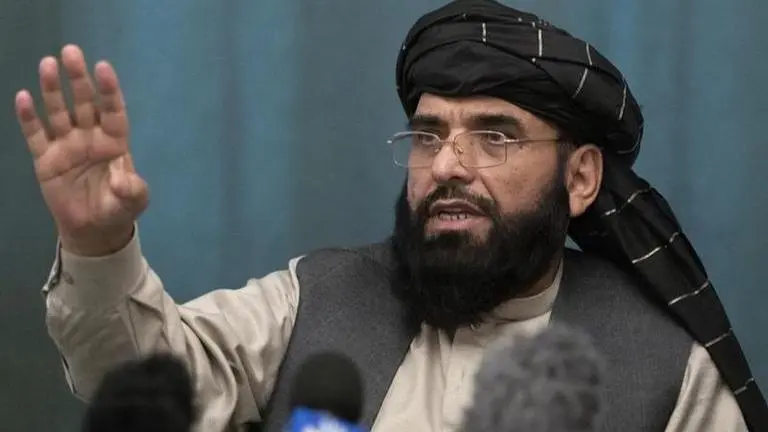Updated 25 November 2021 at 15:45 IST
Taliban claim government in Afghanistan 'inclusive' with members of various ethnic groups
"With regard to inclusiveness, our understanding of inclusiveness is that people of different ethnicities should participate in government," Suhail Shaheen said
- World News
- 2 min read

Taliban on Wednesday, Nov. 24 claimed that the government that they established within the politically chaotic territory of Afghanistan is "all inclusive" arguing that it includes members from diverse backgrounds and all ethnic groups. "With regard to inclusiveness, our understanding of inclusiveness is that people of different ethnicities should participate in the government," Suhail Shaheen told Sputnik. Furthermore, he noted that the said criteria were met by the Islamist movement, and inclusivity is what the Taliban "has done and is doing.” Taliban’s remarks came amid mounting international pressure on the regime against the discrimination and oppressive policies imposed on the women within the country in line with Islamic sharia.
The movement was criticised for installing an all-male government in September, including in the third round of appointments that encompassed a host of men for the deputy positions, a spokesperson revealed to AP. The postings to humanitarian organisations, announced by chief spokesman Zabihullah Mujahid, were also ‘all-male' with not a single woman in any role.
This sparked international condemnation of the Taliban’s treatment of women and minority groups. Now, as they seek international support and humanitarian aid from countries worldwide, the Taliban has answered the calls of the gravely concerned UN, saying that it "has no problems" with women or their education. The Taliban had also abolished the Ministry of Women's Affairs and reinstated it to the Ministry of Vice and Virtue, allocating the division to the men in the government.
UN demands for 'inclusive' govt in Afghanistan
Stressing that the Afghan people are being abandoned, forgotten, and punished by circumstances without a fault of their own since the Taliban’s takeover, the UN strengthened its calls for a more inclusive government in the war-ravaged Central Asian nation. In her first general assessment of the de facto Taliban administration, UN Secretary-General’s Special Representative for Afghanistan, Deborah Lyons at a United Nations Security Council had briefed about several issues with the Taliban’s governance in Kabul after the United States drawdown, particularly women’s rights, girls’ education, and inclusivity.
Advertisement
“We have heard of harassment and extra-judicial killings,” said Secretary-General’s Special Representative for Afghanistan Deborah Lyons. She added that even when the Taliban allowed the UN’s presence throughout the country, as well as broad humanitarian access, including for female humanitarian workers, this would not deter the agency from highlighting major issues of the infringement of women's rights within the region.
Published By : Zaini Majeed
Published On: 25 November 2021 at 15:42 IST
